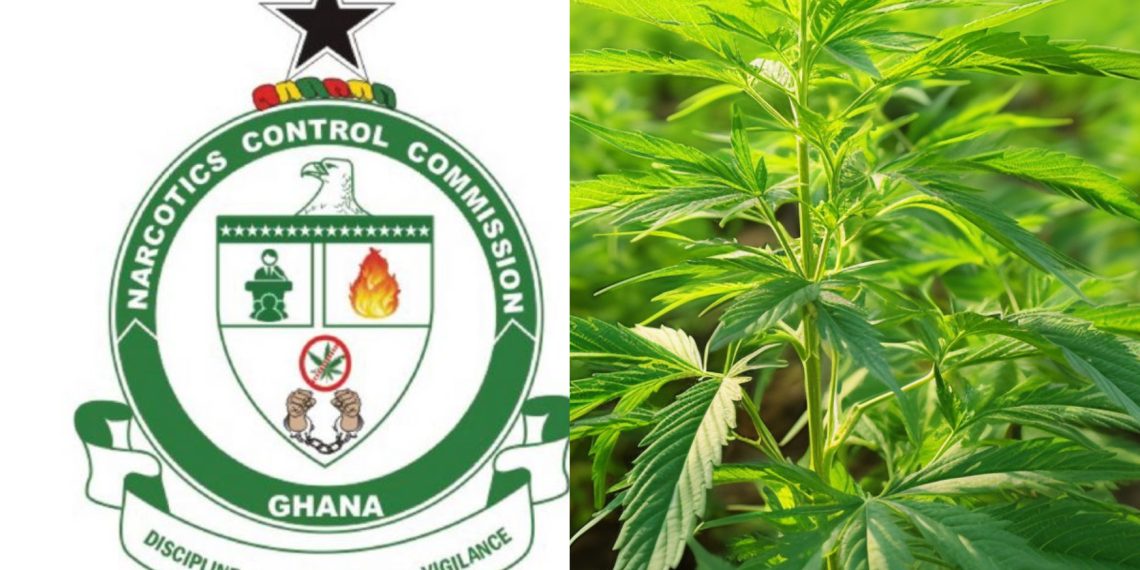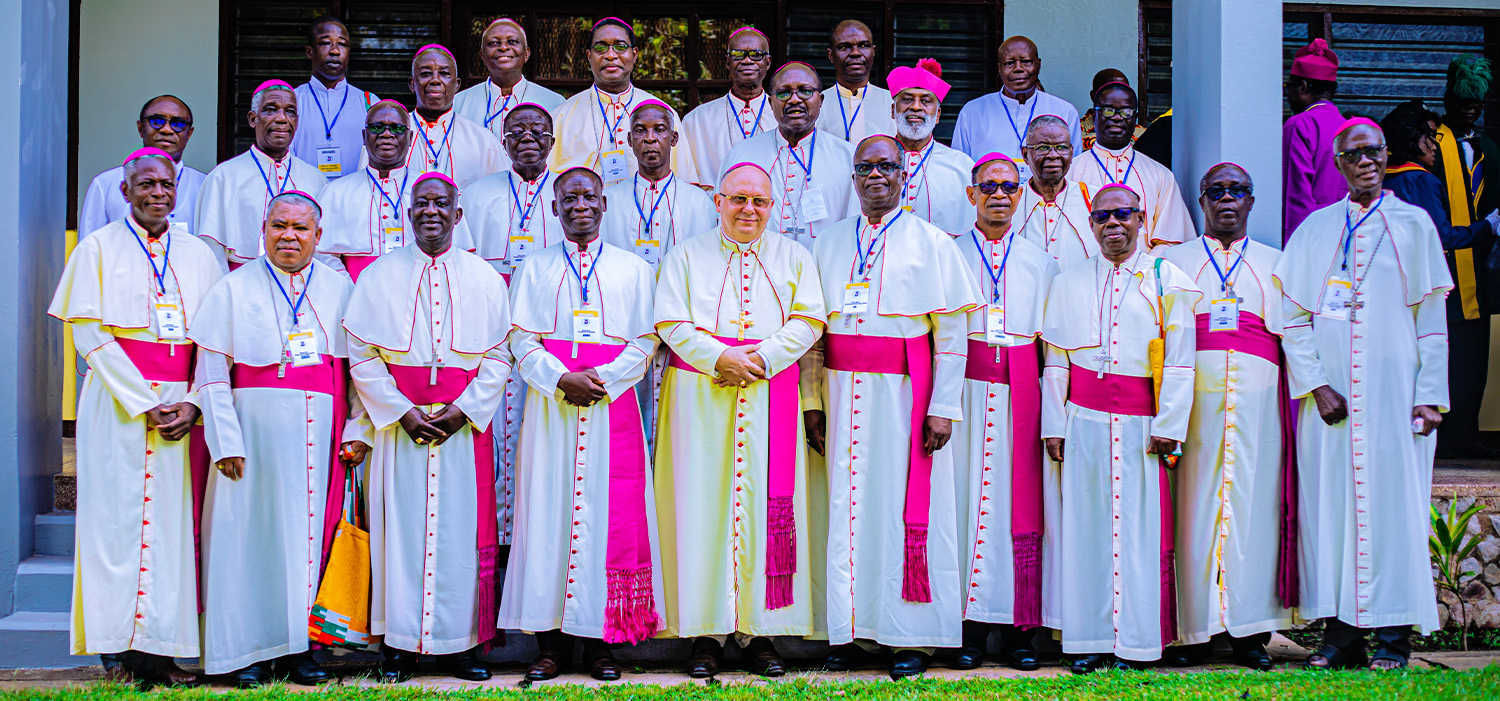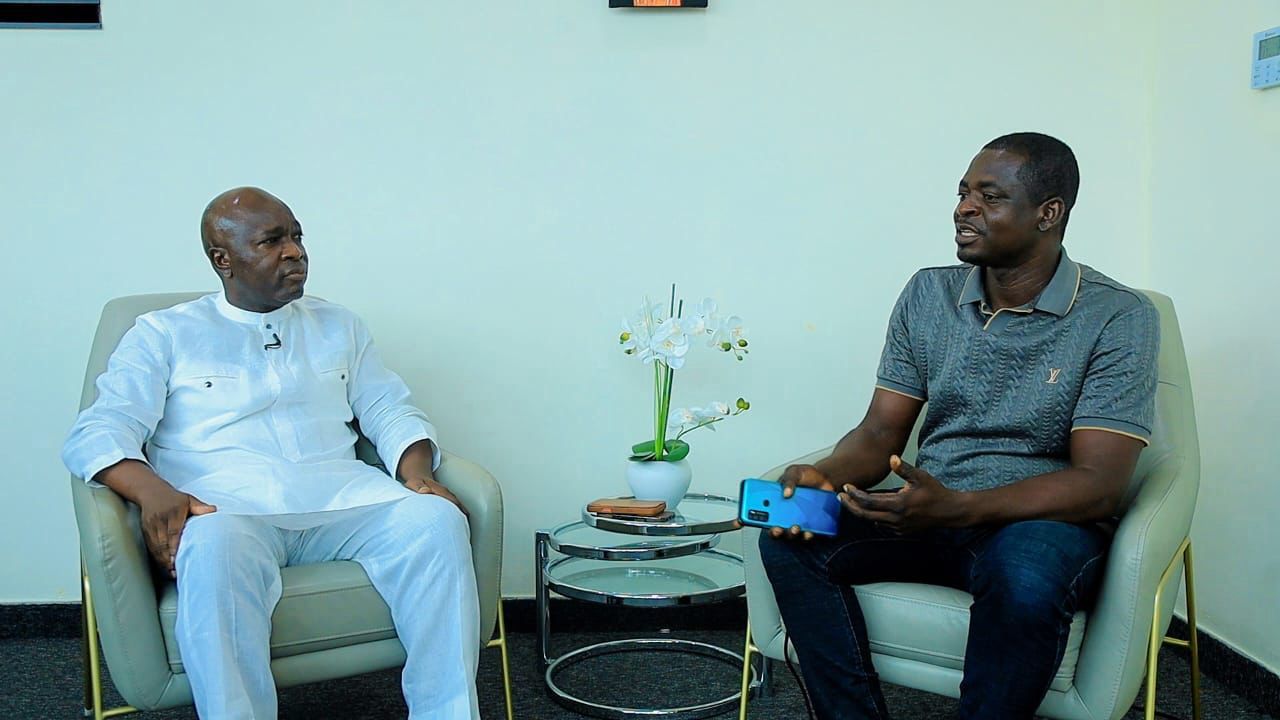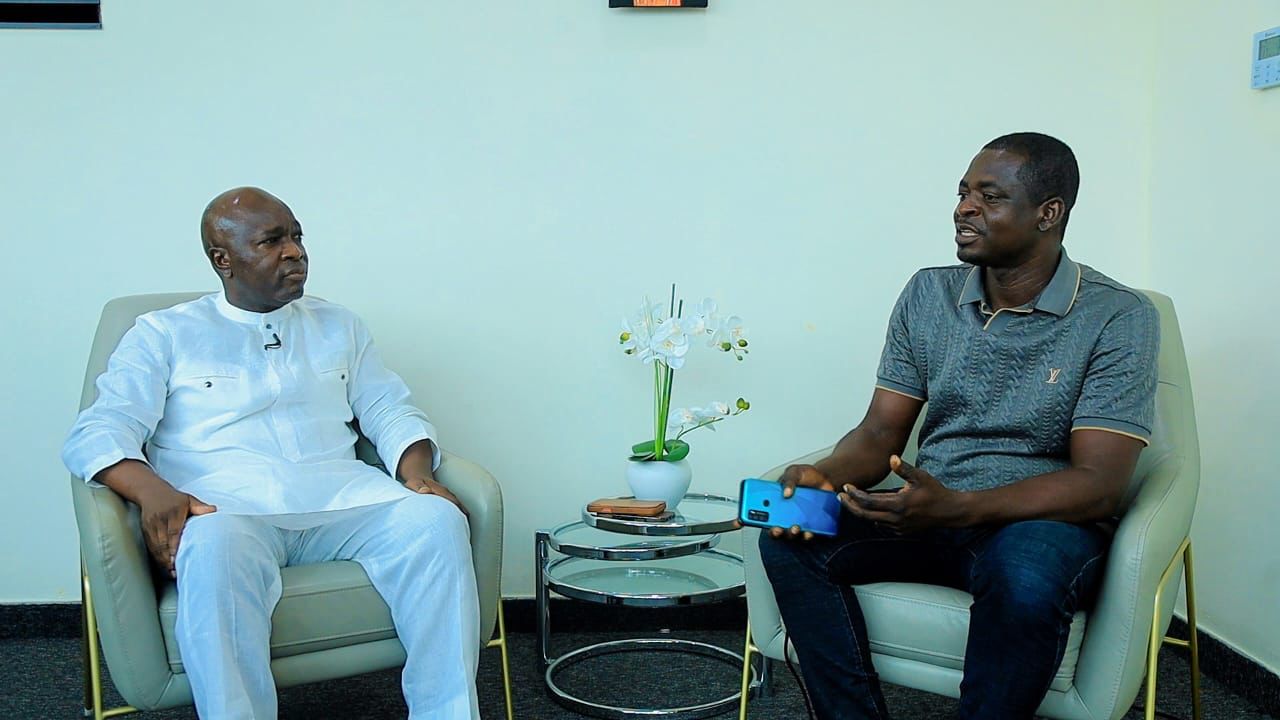The Narcotics Control Commission (NACOC) has issued a strong condemnation of the use of children in illegal cannabis cultivation in the Volta Region, describing the practice as not only illegal but also dangerous and deeply alarming.
The Commission's reaction follows disturbing revelations made by the President of the Volta Regional House of Chiefs, Togbe Tepre Hodo V, who disclosed that schoolchildren — some in basic education — are abandoning their classrooms to serve as cheap labourers on illicit marijuana farms.
Beyond their involvement in the cultivation process, many of these children are also reportedly consuming the drug, raising further public health and safety concerns.
Speaking on the Citi Breakfast Show on Wednesday, July 23, the Director of Public Affairs at NACOC, Francis Opoku Mensah, stressed that such actions are a clear violation of Ghana’s laws and must be universally condemned.
“Our laws do not permit young people to work—certainly not on marijuana farms. This practice is not only unlawful, it is dangerous and completely unacceptable,” he stated.
Mr. Mensah supported the concerns raised by traditional authorities, emphasizing that protecting the country’s youth is a collective responsibility.
“These concerns go beyond the scope of narcotics control. They affect all of us as Ghanaians. If our young people are involved in this, then it is clearly wrong and must be addressed urgently,” he added.
Clarifying the legal status of cannabis cultivation in Ghana, Mr. Mensah referred to the Narcotics Control Commission Act, 2020 (Act 1019). He explained that while the cultivation of cannabis for recreational use remains illegal, the law allows for regulated cultivation of industrial hemp (with THC content not exceeding 0.3%) strictly for medicinal and industrial purposes—and only under a license issued by the Minister for the Interior, in consultation with NACOC.
Although a legislative instrument (L.I.) to support the licensing framework was passed in November 2023, the process remains incomplete pending parliamentary approval of the applicable fees and charges.
“As we speak, no licences have been issued for hemp cultivation,” Mr. Mensah clarified. “We are currently waiting for Parliament to approve the associated fees. Once that is done, interested applicants will undergo a strict vetting process before any licence is granted.”
He further assured the public that once the licensing regime is operational, robust monitoring mechanisms will be put in place to ensure full compliance with the law.














